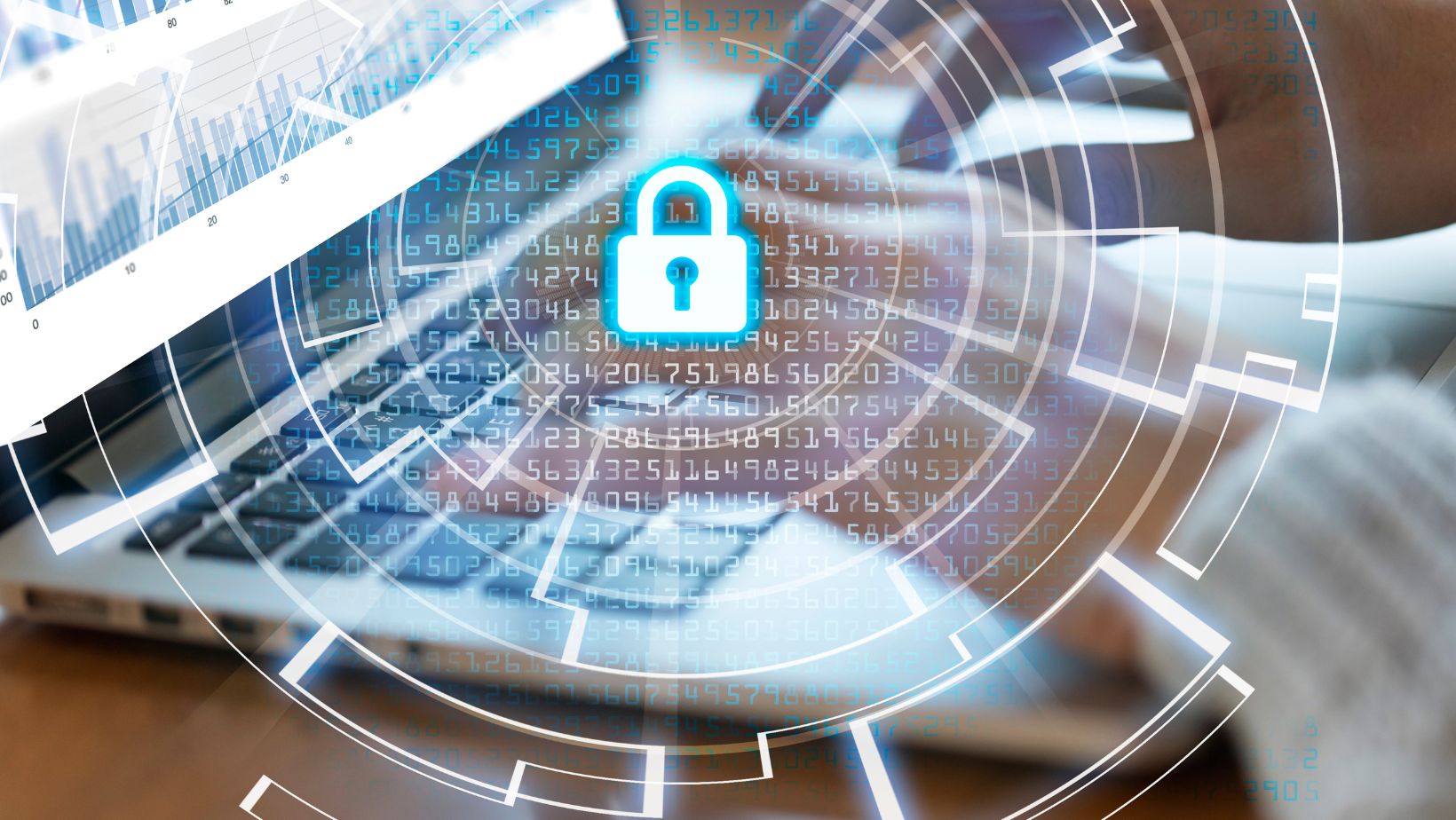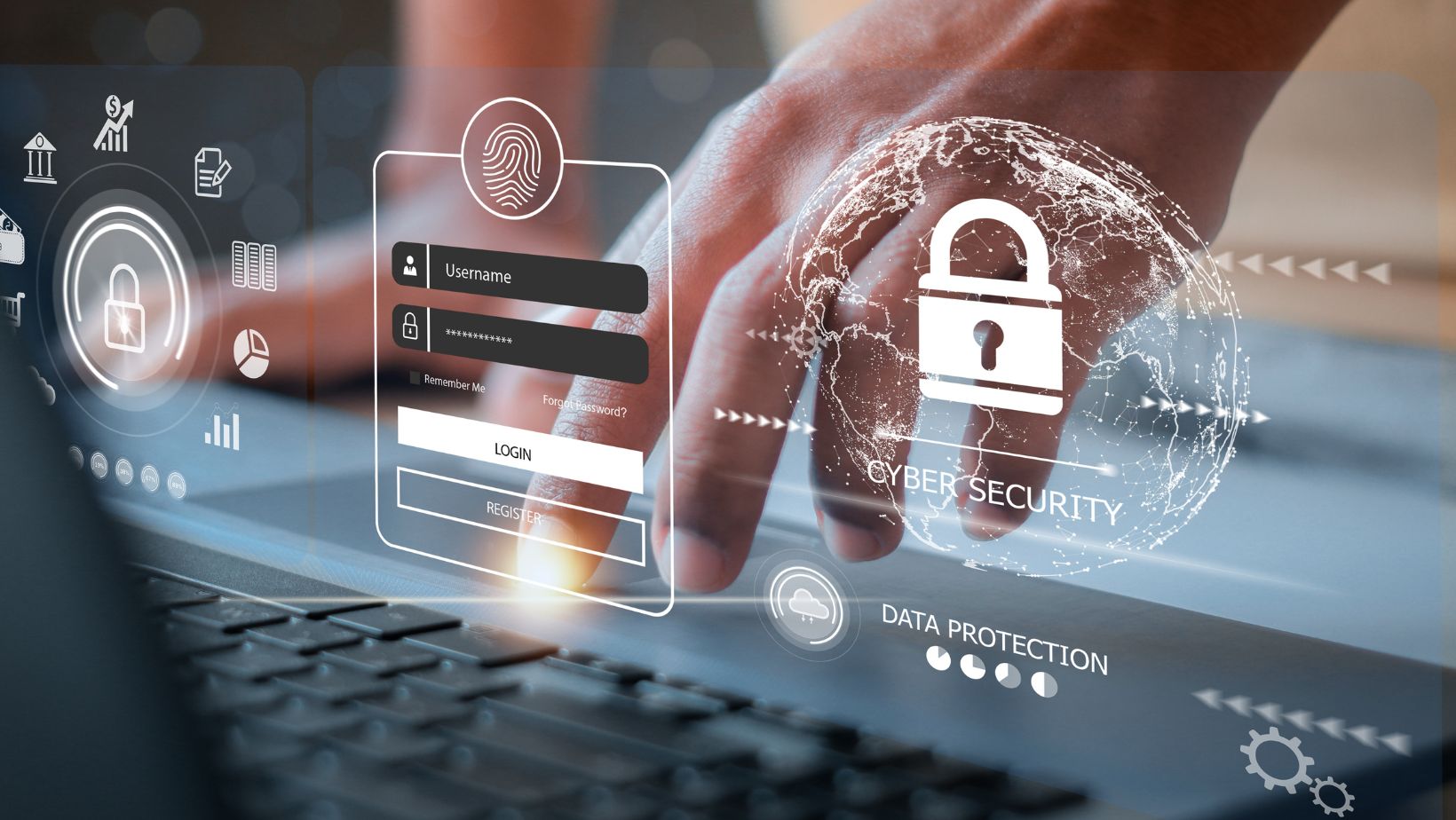As a business owner, you have spent time and resources acquiring knowledge on payroll management. You have invested in the best software, hired trustworthy accountants, implemented procedures to ensure accuracy, and learned how to set up direct deposit for employees. But there is one area that may not have received as much attention—cybersecurity.
The rise of cybercrime and data breaches has made it essential for businesses to prioritize cybersecurity when handling sensitive information such as payroll data. Cybercriminals are constantly evolving their methods to exploit vulnerabilities and obtain confidential information from businesses.
To protect your business’s payroll data, here are some best practices for cybersecurity:
Limited Access and User Permissions
Limiting access to payroll data is crucial in preventing unauthorized parties from obtaining confidential information. Only authorized personnel should be granted access to this sensitive data, and their permissions should be restricted based on job responsibilities. For example, an employee in the HR department may need access to payroll data but not to financial records. Your payroll software should have user permission settings to control access and limit data visibility.
Strong Passwords and Multi-Factor Authentication
Strong passwords are one of the most basic yet effective ways to safeguard your business’s payroll data. Encourage employees to create unique and complex passwords that are difficult for hackers to guess. Additionally, implementing multi-factor authentication adds an extra layer of security by requiring users to provide a code or answer security questions before accessing sensitive data.
Regularly Update Software and Systems
Hackers often exploit vulnerabilities in outdated software and systems to access confidential information. Regularly update your software and systems with the latest security patches and upgrades to prevent this. This is especially important for payroll software that stores sensitive data.
Educate Employees on Cybersecurity
Employees are one of the weakest links in any company’s cybersecurity defense. It’s important to educate employees on best practices for cybersecurity, such as recognizing phishing scams and avoiding clicking on suspicious links or attachments. Additionally, establishing clear protocols for handling sensitive data can help prevent unintentional breaches.
Employees must know how to respond quickly and effectively to a cyber-attack or data breach. This includes reporting incidents to the appropriate channels, implementing containment measures, and following established protocols for mitigating the effects of an attack.
Implement Data Encryption
Data encryption is an effective method of protecting confidential information from cyber threats. This involves converting data into a code that can only be read with a specific key, making it difficult for hackers to access and decipher. Consider implementing encryption for your payroll data and other sensitive information.
The best way to encrypt data depends on your needs and technologies. Some options include file, folder, or full disk encryption. Consult with your IT department or a cybersecurity expert for guidance on the best approach for your organization.
Regularly Back Up Data
In the unfortunate event of a cyber-attack or data breach, having regularly backed-up data can help minimize the impact and facilitate recovery. Make sure to back up payroll data on secure servers or cloud-based services with strong security measures.
When creating a backup plan, consider the frequency of backups and how long you will store them. Having multiple backups in different locations or using a third-party backup service for added protection may also be beneficial.
Conduct Regular Security Audits
Regularly auditing your company’s cybersecurity measures can help identify any weaknesses or vulnerabilities that must be addressed. Consider hiring a third-party cybersecurity firm to conduct an in-depth audit and provide recommendations for improving your company’s security.
A security audit should cover all aspects of your company’s systems, including employee training, network security, and data protection. It should also include a feedback of any third-party vendors or contractors who have access to your payroll data.
Stay Up-to-Date with Industry Standards
Cybersecurity threats are constantly evolving, so it’s crucial to stay informed about new technologies and defense best practices. Also, keep up-to-date with industry standards and regulations, such as the General Data Protection Regulation (GDPR) and the Payment Card Industry Data Security Standard (PCI DSS).
Attend conferences or webinars on cybersecurity, join industry groups or online forums, and regularly evaluate reputable sources for information on current threats and preventative measures. You can proactively protect your company’s payroll data from cyber threats by staying informed.
Conclusion
Protecting your company’s payroll data should be a top priority for any organization. By implementing these best practices outlined in this article, you can minimize the risk of a cyber attack and safeguard your company’s sensitive information. Remember, cybercriminals are always aware of the latest vulnerabilities and constantly look for ways to exploit them. Stay vigilant, stay informed, and regularly evaluate and update your cybersecurity measures to keep your payroll data safe. Your employees and business depend on it.
